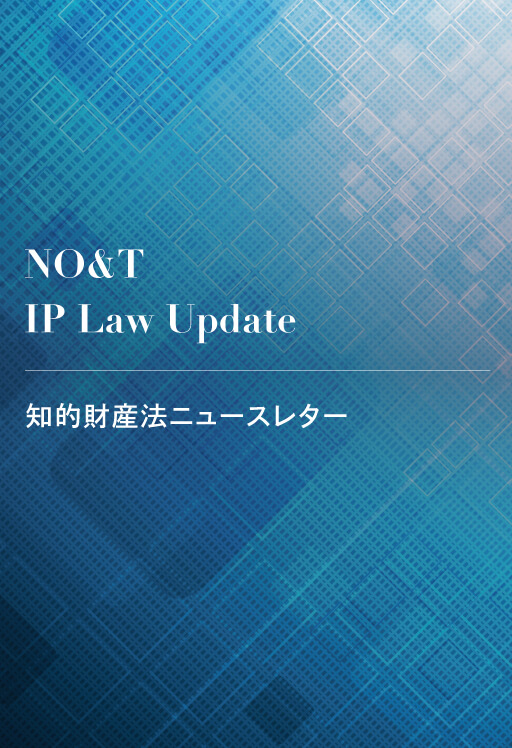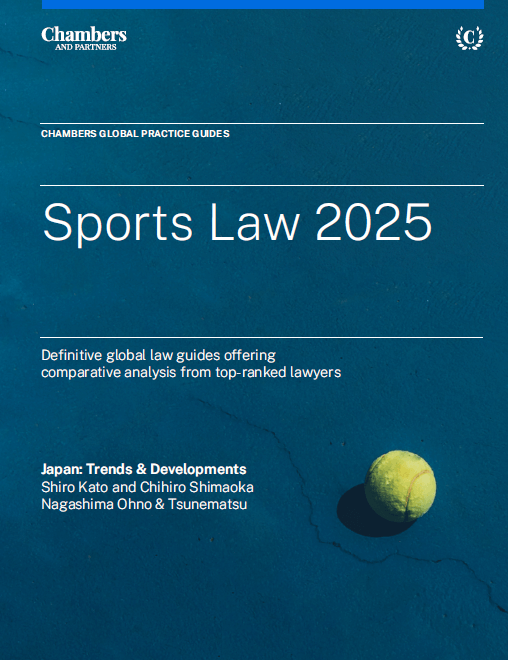
NO&T Asia Legal Review
On 2 September 2024, a new franchise regulation, Government Regulation No. 35 of 2024 on Franchise (“Regulation 35/2024”) came into force which has effectively revoked and replaced Government Regulation No. 42 of 2007 (“Previous Regulation”). Regulation 35/2024 expands the scope of franchise business, clarifies the requirements to be a franchise, promotes partnerships between franchise owners and the micro, small, and medium scale enterprises (“SME”), and mandates the usage of franchise logo. Meanwhile, the relevant implementing regulation which was enacted in 2019, Ministry of Trade Regulation No. 71 of 2019 on the Implementation of Franchise, continues to remain in effect until a new ministerial regulation is issued to replace it. This article will cover the material changes in franchise industry brought by the introduction of Regulation 35/2024.
Regulation 35/2024 revises and clarifies the criteria that must be met by franchisors/sub-franchisors for operating a franchise business:
The relationship between the franchisor and the franchisee is established with the execution of the franchise agreement. Unlike the Previous Regulation, Regulation 35/2024 stipulates a more detailed process for the creation of franchise, with the following changes:
| Previous Regulation | Regulation 35/2024 |
|---|---|
1. Franchisor shall offer to the franchisee a franchise prospectus that contains, at least the following:
|
1. Franchisor shall provide a written franchise prospectus to the franchisee at the latest 14 (fourteen) calendar days before the execution of the franchise agreement, which contains at least the following:
|
|
2. Franchisor must register the franchise prospectus before entering into the franchise agreement with the franchisee. While, franchisee must register the franchise agreement to obtain the Franchise Registration Certificate (“STPW”). The STPW is valid for 5 (five) years. If the franchise agreement has not expired, the STPW can be extended for another 5 (five) years. |
2. Both the franchisor and franchisee shall obtain the STPW prior to the execution of the franchise agreement. The STPW will be issued via Online Single Submission system. The franchisor/sub-franchisor must obtain the STPW by attaching the Franchise Prospectus. In applying for STPW, a foreign franchisor shall submit: (a) a legalized or apostilled business license issued by the competent authority in the franchisor’s origin country; and (b) certificate of business continuity issued by the Indonesian trade attaché or a designated Indonesian representative. |
3. Franchise agreement shall be translated into Bahasa Indonesia and contain at least the following clauses:
|
3. Franchise agreement shall contain at least the following clauses:
|
| N/A |
4. Franchisors and franchisees are mandated to use official franchise logos to be displayed or placed in an open and visible spot in every franchise branch and its relevant headquarters. The franchise logos will be issued by the Ministry of Trade after the relevant parties obtain the STPW. Any failure to comply with this obligation will result in the imposition of administrative sanctions in the form of written warnings, temporary suspensions of business activities and/or revocations of STPW. Furthermore, individuals or business entities are prohibited from using the term or name without holding an STPW and prohibited from using or abusing the franchise logo without authorization. |
Under Regulation 35/2024, franchisors/sub-franchisors and franchisees/sub-franchisees are required to file annual reports on the implementation of franchise activity to the Ministry of Trade via Online Single Submission system.
The report shall include the following items:
Failure to comply with this reporting obligation will result in the imposition of administrative sanctions in the form of written warnings, temporary suspensions of business activities and/or revocations of STPW.
Regulation 35/2024 requires all franchisors, except foreign franchisors, to utilize domestic goods and/or services as long as it fulfils the written quality standard stipulated by the franchisor/sub-franchisor. The franchisors and franchisees shall also cooperate with domestic SMEs for the sourcing of goods and/or services. The franchisors and franchisees shall also prioritize conducting the processing of raw materials domestically.
Regulation 35/2024 provides more detailed and comprehensive steps in securing and/or entering into a franchise relationship. It also promotes the domestic market and SMEs to be involved in franchise industry. The implementation of Regulation 35/2024 while introducing new compliance obligations is expected to create business fairness and legal certainty within Indonesia’s franchise industry.
This newsletter is given as general information for reference purposes only and therefore does not constitute our firm’s legal advice. Any opinion stated in this newsletter is a personal view of the author(s) and not our firm’s official view. For any specific matter or legal issue, please do not rely on this newsletter but make sure to consult a legal adviser. We would be delighted to answer your questions, if any.


(June 2025)
Keiji Tonomura, Yukiko Konno, Minh Thi Cao Koike, Yoshiteru Matsuzaki (Co-author), Masahiro Kondo (Contributor)


Kenji Tosaki, Takahito Hirayama (Co-author)


Kenji Tosaki, Nozomi Kato (Co-author)


(April 2025)
Shiro Kato, Chihiro Shimaoka (Co-author)


(June 2025)
Keiji Tonomura, Yukiko Konno, Minh Thi Cao Koike, Yoshiteru Matsuzaki (Co-author), Masahiro Kondo (Contributor)


(April 2025)
Shiro Kato, Chihiro Shimaoka (Co-author)


Kenji Tosaki, Masato Kumeuchi, Soichiro Unami (Co-author)


(March 2025)
Kenji Tosaki, Masanori Tosu (Co-author)


Chattong Sunthorn-opas, Thunsinee Sungmongkol (Co-author)


Ario Putra Pamungkas


Long Nguyen


Rashmi Grover


Chattong Sunthorn-opas, Thunsinee Sungmongkol (Co-author)


Long Nguyen


Rashmi Grover


Anastasia Jessica Maureen


Patricia O. Ko


Ngoc Hoang


Yuan Yao Lee


Chattong Sunthorn-opas, Thunsinee Sungmongkol (Co-author)


Patricia O. Ko


Ngoc Hoang


Yuan Yao Lee


Chattong Sunthorn-opas, Thunsinee Sungmongkol (Co-author)


Ario Putra Pamungkas


Yoichi Maekawa


Anastasia Jessica Maureen


Luciana Fransiska